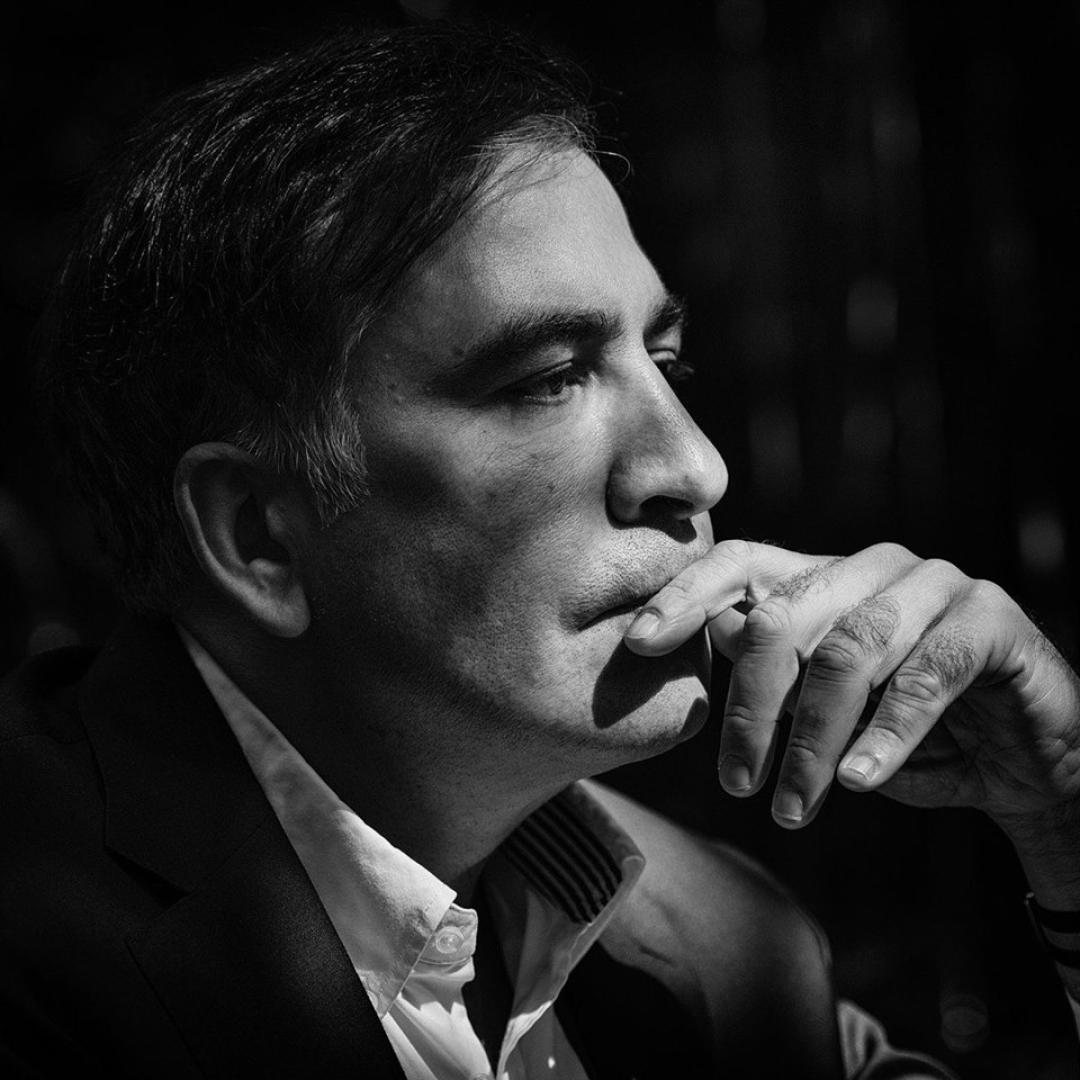
Recent developments regarding Saakashvili

Circassian activists stood up for Saakashvili
During Mikheil Saakashvili’s reign, Georgia officially recognised the genocide of the Circassians, giving them the opportunity to defend their rights in the international legal field, said Circassian activists in an appeal to Georgian President Salome Zourabichvili. They called on the head of state to pardon Saakashvili.
On November 29, Mikheil Saakashvili was brought to a meeting of the Tbilisi City Court for the first time since his arrest. Several hundred opposition supporters gathered near the building. The protesters blocked the highway a few dozen meters from the courthouse, after which the police detained 15 protesters for disobedience. On December 1, security officials detained four more protesters.
The court hearing in the case against Saakashvili on the dispersal of the opposition rally in November 2007 and the pogrom at Imedi TV was scheduled for November 10. However, despite the court's demand, the Penitentiary Service refused to bring Mikheil Saakashvili to the meeting, fearing an attack by the politician's supporters on the convoy car. On November 15, the Penitentiary Service again refused to bring Saakashvili to the court session, explaining that his presence in the courtroom would create "an additional risk to his health."
“What really worries us is the activities of Mikheil Saakashvili towards our people. It was Mikheil Saakashvili who recognised the genocide of the Circassian people in 2011. This gave us, Circassians, an incentive to remember our history, to understand the legal subjectivity of our people, an incentive to strive for the rights that our people have in the international legal system. It was a great gift from the Georgian people - hope for the future and an opportunity to develop in the paradigm of international law. The first action that brought us into the field of international law was made by Mikheil Saakashvili, their good will," the authors of the appeal shared.
During Saakashvili’s time in office, special attention was paid to the problems of the genocide of the Circassians. Thus, in November 2010, a conference on the "Circassian issue" called "Hidden nations, continuing crimes: the North Caucasus between the past and the future" was held in Tbilisi. As a result, the initiative group appealed to the Georgian parliament with a request to consider the issue of recognising the Circassian genocide at the state level, the event participants also discussed the possibility of boycotting the 2014 Winter Olympics in Sochi.
On May 20, 2011, the Georgian parliament recognised the genocide of the Circassians. In 2012, in the Georgian town of Anaklia, located on the Black Sea coast, a bronze monument to the victims of the genocide was erected; the sculptor was Khusen Kochesokov from Kabardino-Balkaria.
Earlier, on May 19, 2011, the committees of the Georgian parliament adopted a draft resolution "On the recognition of the genocide of the Circassians carried out by the Russian Empire." The draft noted that the Russian Empire pursued a colonial policy towards the Circassians during the Russian-Caucasian war in 1763-1864 and carried out ethnic cleansing. The document also highlighted that because of multiple military expeditions, over 90% of the Circassian population was killed or starved to death. According to the authors of the draft decree, official documents of that time confirm that during the Russian-Caucasian war, famine, and epidemics were artificially created among the civilian population to destroy the nation.
Saakashvili refused treatment in response to disciplinary sanctions
The Ministry of Justice, as revenge for the fine from the state inspector, applied disciplinary sanctions, Mikheil Saakashvili said when refusing medical assistance in the prison hospital. Despite the prisoner's complaints, meetings with Saakashvili and watching TV were not limited, the Penitentiary Service claims.
On November 11, the Georgian Penitentiary Service released two videos of the transfer of Mikheil Saakashvili from the Rustavi prison to the prison hospital in Gldani. The Ombudsman of Georgia pointed out that in the video, Saakashvili was treated roughly by prison officers, and the very publication of the video violates his right to privacy and insults his honour and dignity. In this connection, about 20 Georgian NGOs applied to the Council of Europe Committee for the Prevention of Torture. The state inspector fined the Ministry of Justice of Georgia and the Penitentiary Service an amount equivalent to $810, finding that both the video of Mikheil Saakashvili's transportation to the prison hospital and information about his diet in prison were a violation of the law on personal data.
Mikheil Saakashvili said that six hours after the publication of the fine, he was subjected to pressure in a prison hospital.
“Two officers from the 18th institution entered my cell, they were ones who tortured me. The department decided to take disciplinary measures against me, including restricting visits and restricting TV viewing. Then, my mother, who had all the permissions to enter and visit me, spent about four hours on the street and was sent back to Tbilisi. In addition, I was not allowed to visit my personal doctor for about one hour until the hospital administration intervened," Saakashvili wrote, including in Russian, on his personal Facebook page.
See Also


Armenia Records 5.9% GDP Growth in 2024, Missing 7% Goal

Yerevan Balances Strategic Ties with Both US and Russia, Says Foreign Minister

FM Mirzoyan: Peace Deal with Azerbaijan Is Within Reach

Pashinyan and Erdogan Hold Call, Reaffirm Commitment to Ongoing Dialogue

